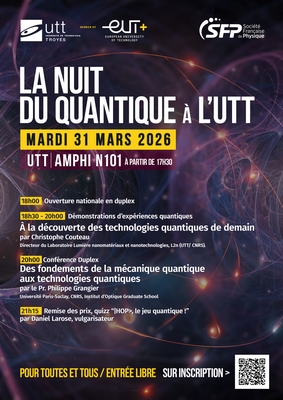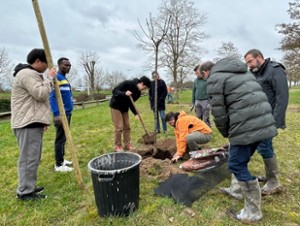In the same section
Laboratory of Mechanical & Material Engineering (LASMIS)
Mechanics and materials are key factors in the development of future mobility and transportation and in the success of the energy transition. Doubling the life of a component reduces the need for recycling and the impact on the environment by half. Lightening structures by optimizing or improving material performance reduces the energy consumption of transportation. We work to ensure that future mechanical components protect society and natural resources.
In this context, UR/LASMIS (Laboratory of Mechanical & Material Engineering) proposes an ambitious and strong project focused on different issues :

Our research is focused on product engineering methods such as understanding the physics and micromechanics of materials, understanding the physics of manufacturing process, developing characterization methods and numerical tools. Our scientific activity is based on the use of different equipment grouped in operational platforms:
Examples of these components: aircraft engine blades/disks, medical prostheses, gears, chairlift attachments, nuclear waste containers, etc.
Manufacturing processes include shot-peening, Surface Mechanical Attrition Treatment (SMAT), cold expansion, Additive manufacturing, Physical/Chemical Vapor Deposition.

In this context, UR/LASMIS (Laboratory of Mechanical & Material Engineering) proposes an ambitious and strong project focused on different issues :
- Extend the life of components (performance + monitoring)
- Lighten structures (energy consumption, choice of materials...)
- Develop high-performance materials (mechanically, thermally, chemically...)
- Develop materials with low environmental impact (agro-materials)
- Optimize materials, processes, treatments and structures
- Elaboration and treatment of innovative materials: PVD/CVD coatings, nanocrystallized materials, vegetal fibers composites...
- Surface treatments and manufacturing processes: shot-peening, SMAT, additive manufacturing...
- Characterization of components and structures: residual stresses, nanoindentation, use of large facilities (synchrotron, neutron sources)...
- Multiphysics and multiscale Modeling of materials, manufacturing processes and mechanical components
- Development of advanced numerical tools and software (Finite Element Method, optimization algorithm, meta-model….)

Our research is focused on product engineering methods such as understanding the physics and micromechanics of materials, understanding the physics of manufacturing process, developing characterization methods and numerical tools. Our scientific activity is based on the use of different equipment grouped in operational platforms:
- Nanomat'Meca: multiscale characterization of materials and structures
- Adhere: coatings and surface treatments
- Num3D: numerical tools and additive manufacturing
- Région Champagne-Ardenne and Région Grand Est
- Fond Européen de Développement Régional (FEDER)
- Ministère de l'Enseignement Supérieur et de la Recherche
- Agence Nationale de la Recherche (ANR)
Examples of these components: aircraft engine blades/disks, medical prostheses, gears, chairlift attachments, nuclear waste containers, etc.
Manufacturing processes include shot-peening, Surface Mechanical Attrition Treatment (SMAT), cold expansion, Additive manufacturing, Physical/Chemical Vapor Deposition.

Date of update 10 May 2022





